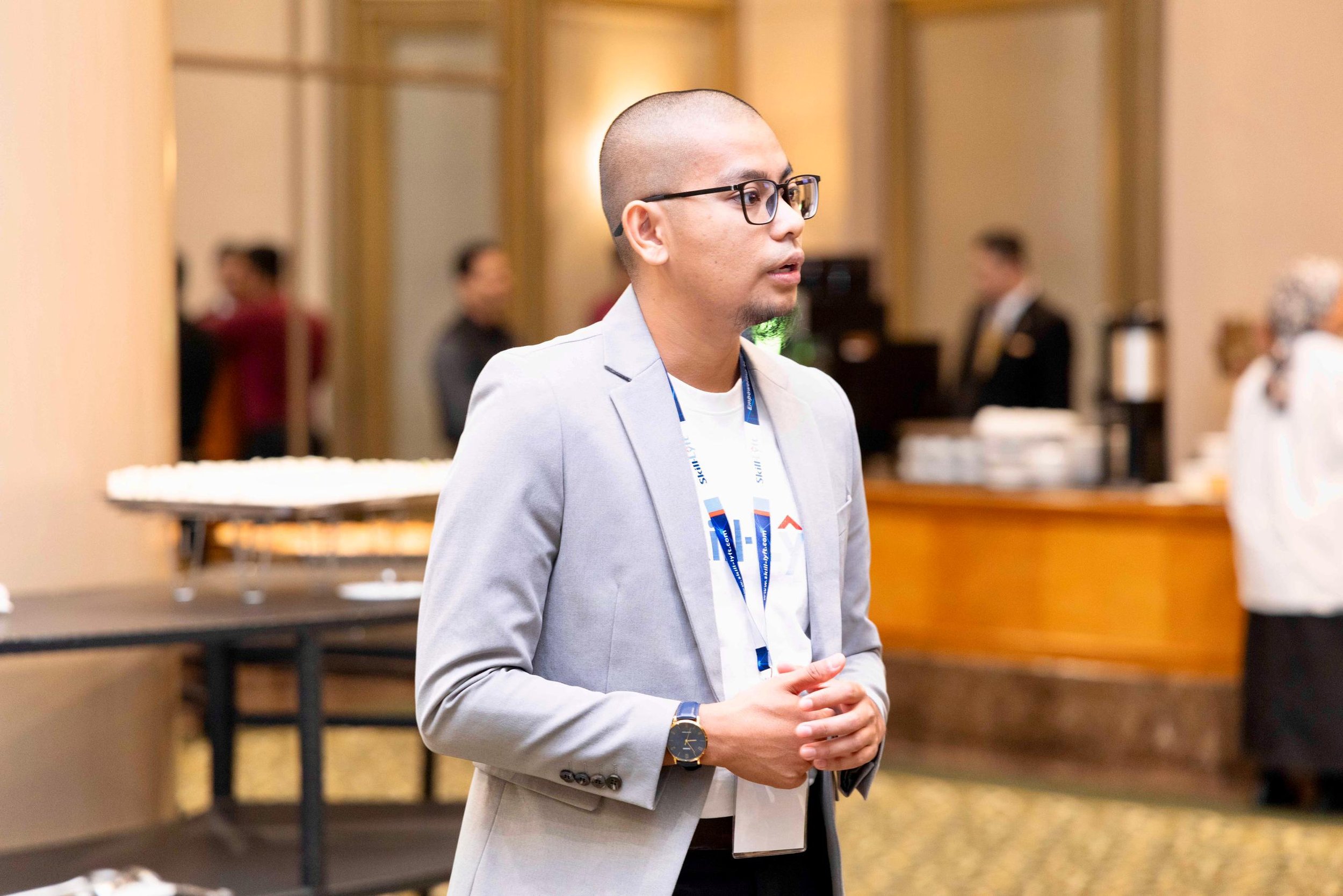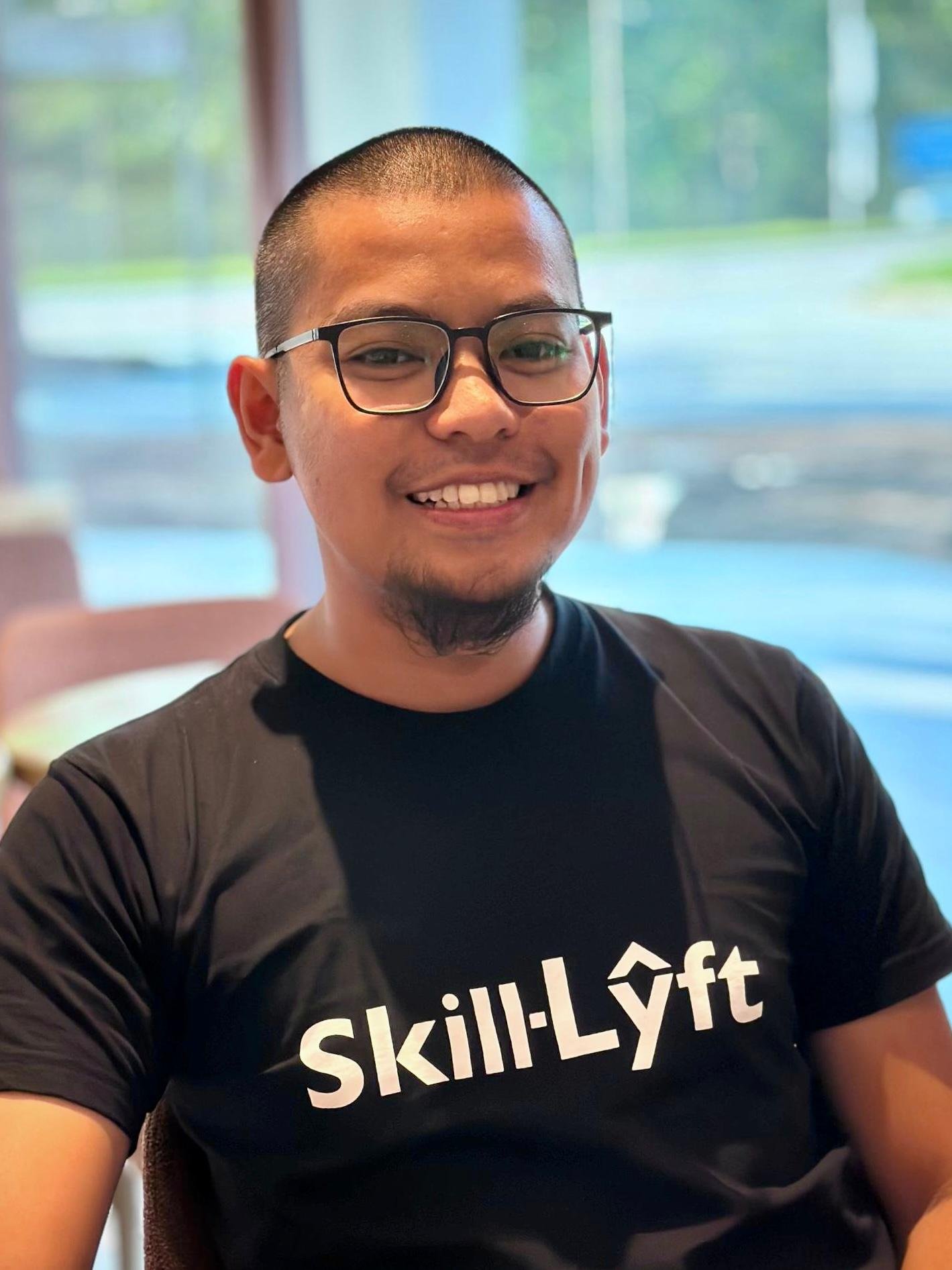How Being A Frustrated Employee Led Me To Build a Practical Learning Company. Alif Zalaya, Founder Of Skill-Lyft Shares
When you first started your company, what problem were you personally frustrated with, and how did that turn into a business idea?
I’m not a businessman. I didn’t come from a business background. Over the last 10 years, I’ve worked in different industries like engineering, manufacturing and consulting. Each role was different, but one thing stayed the same, which is if you’re not constantly learning, you fall behind. The problem was that, most of the time, the learning support just wasn’t enough. You’re expected to perform, but you don’t always get the tools or training to do it properly, at least in my experience. So, I saw a gap and maybe, a way in. So, I brought the idea to my business partner, what if we build a company focused on practical learning? Sessions are designed by real professionals, using real case studies, and solving real workplace problems. We bring in trainers who are still active in their corporate roles. We build experiences people can apply at work the next day. That’s how Skill-Lyft began. That’s still what we do.
What’s something about building this business that genuinely caught you off guard, a moment that made you question everything?
Our first workshop had to be cancelled. No one signed up. We thought we had everything right. We had solid content, a great trainer, a good venue and proper outreach. We called people, sent follow-ups, and tried everything. But it didn’t work. That was tough, especially because I had already left my previous job. No safety net. No backup. I remember thinking, “What if this just isn’t for me?”. I’d never done this before. Still, we didn’t stop. We looked at what went wrong. We learned. And we focused on the next one.
When did you realise, ‘This is working. We’re onto something big?’
It was during one of our conferences. One of the speakers came up to me and said, “Alif, do you realise what you’re doing? You’re building a brand.” He pointed at the Skill-Lyft logo and said, “That name is starting to stand next to global ones!”. That really stayed with me. Up to that point, I’d only been thinking about the next program, the next workshop. But in that moment, I realised we were doing more than just events, we were building something that could last.
You’ve seen both chaos and progress up close. How has your definition of ‘success’ changed since you started?
At the start, I thought success was all about numbers, like how many clients and how much revenue. But over time, that changed. Now, success is about progress. Are the attendees satisfied with the programs? Are our programs getting sharper? Is the team growing? Are we helping people do their jobs better? That’s what I care about now. And when people recommend us without being asked. That’s the real success.
If someone came to you today wanting to build something similar to your business, what’s one thing you’d ask them to think really hard about?
I’d tell them this; make sure you care. If you don’t care about the problem you’re trying to solve, this business will burn you out. And remember, we’re in a people business. You deal with people every single day. The clients, trainers, participants and your own team. Focus on what real people need. If you stay honest and believe in the work, you’ll be able to push through the hard days.

